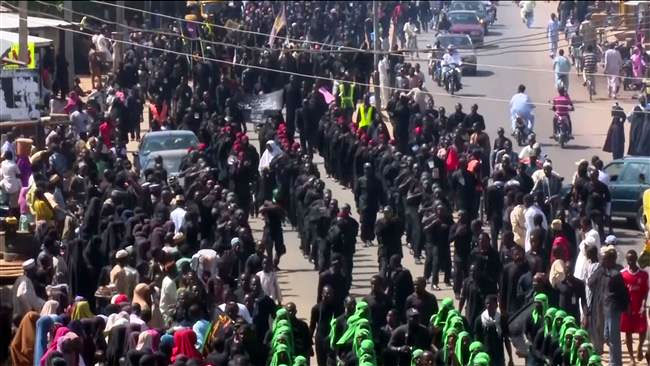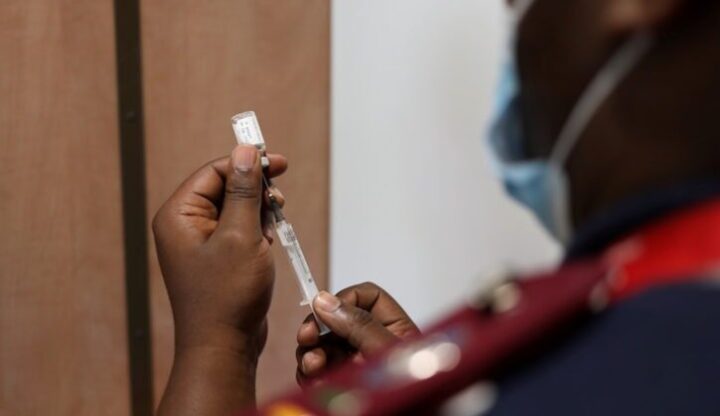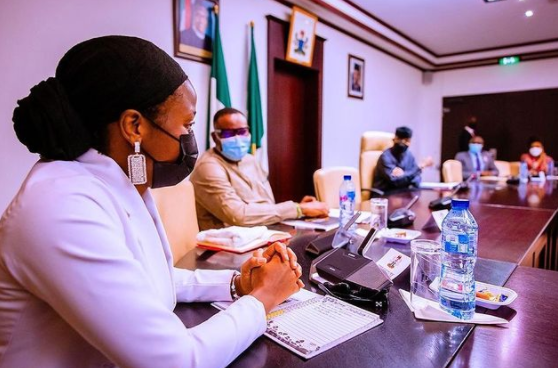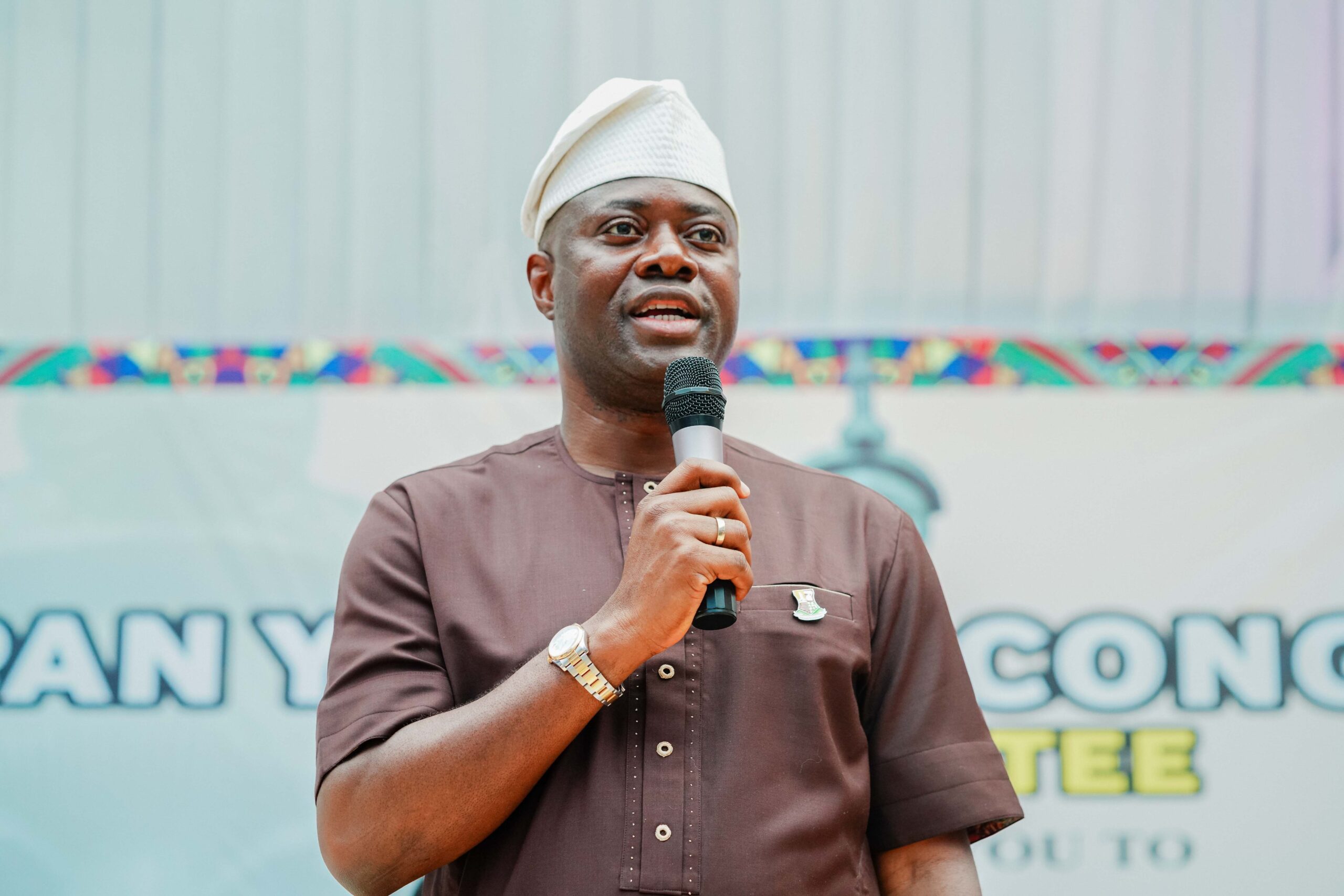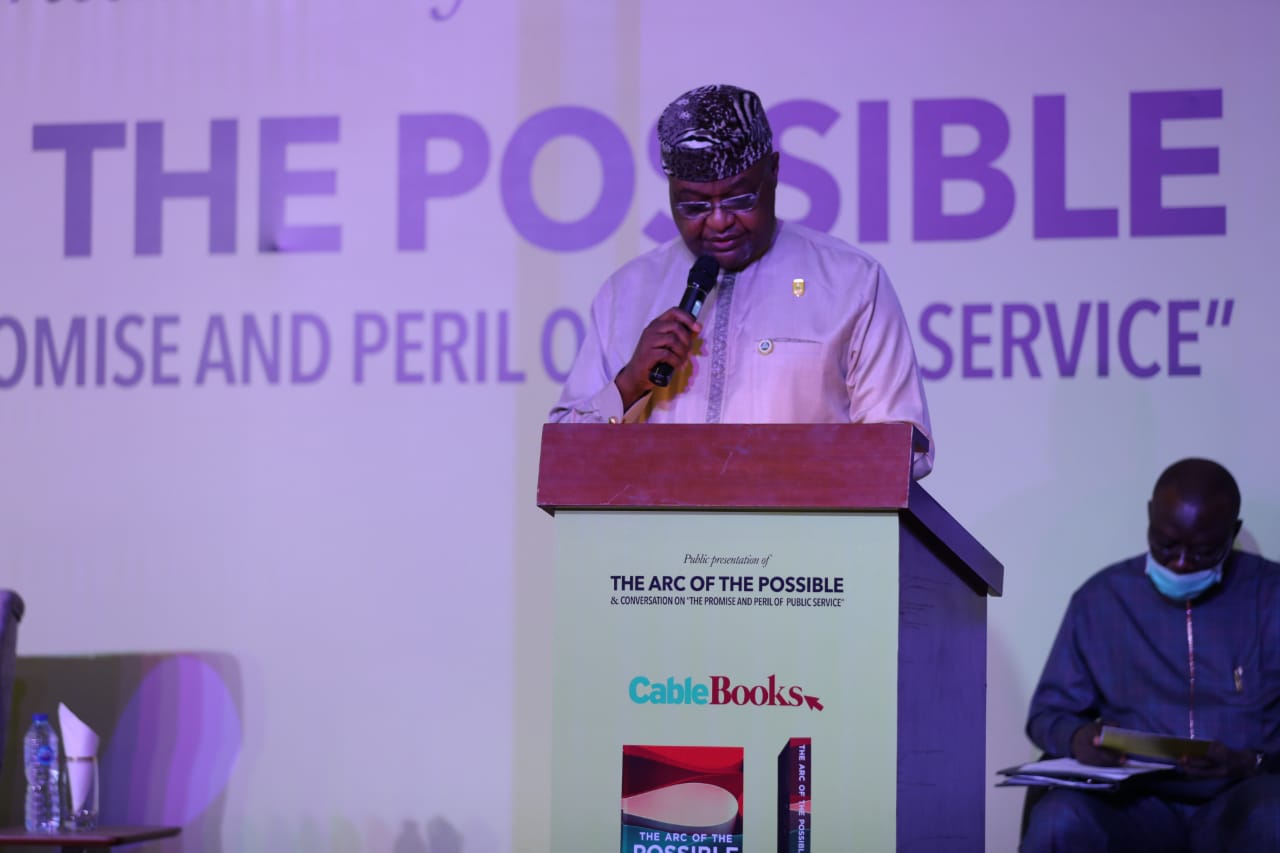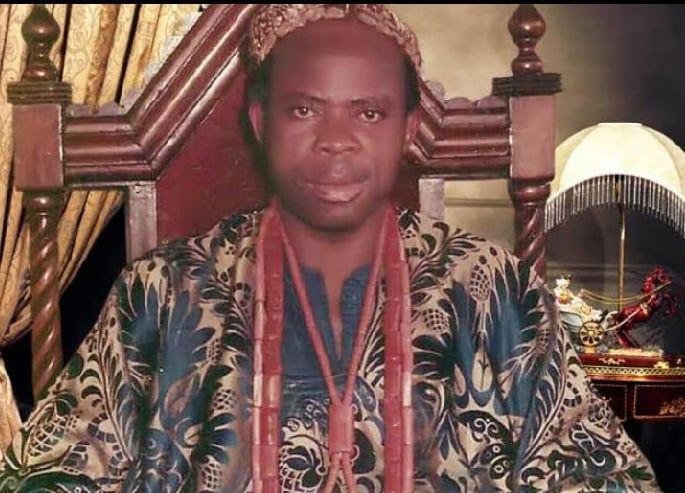BY NAJEEB MAIGATARI
It has been six years since the inhuman massacre of unarmed citizens in Zaria perpetrated by the Nigerian army under the guise of “alleged road blockade” to the then chief of army staff, Tukur Buratai.
The Kaduna state government established a judicial committee of inquiry into the massacre, few months after the incident; the findings of which President Buhari promised that those found guilty will not escape the hands of justice.
Although the Nigerian army claimed that their personnel acted within laws of engagement, the committee, however, notes that: “The Nigerian army exerted disproportionate and excessive force beyond reason against unarmed, defenseless civilians.”
Advertisement
The commission further indicted top army officials for their role in the heinous crime and recommended that they should be brought to book. Unfortunately, neither has any soldier been brought to justice nor has the president lived up to his words of ensuring justice to the victims and their grieving families to date.
In his testimony before the committee of inquiry, the then secretary to Kaduna state government attested that no fewer than 347 people were killed and buried in mass graves. The Islamic Movement in Nigeria, on the other hand, has compiled a comprehensive list of over 700 people whose whereabouts couldn’t be ascertained since the incident.
During the attack, people of all ages — men, women, children and the elderly — were mercilessly killed without regard for the law of crimes against humanity. For instance, the leader of the Islamic Movement, Sheikh El-Zakzaky, witnessed how his three sons, including a fifteen-year-old Humaid, were gunned down before his eyes.
Advertisement
In addition, the breadwinners of several families were killed, thus turning their wives into widows and children orphans. Some families were wiped out completely, for example, Dr. Bukari Jega, a lecturer at the University of Abuja, who was killed alongside his wife, and only daughter, a 6 months old Batoul, and several other families too numerous to mention.
Moreover, several people were burnt alive, and a hundred others were fatally shot at very close range during the attack, as a result of which some of them have become disabled and others still living with life-threatening injuries of great concern. Indeed, the cruelty committed by the Nigerian army during Zaria massacre is immeasurably disagreeable.
The release of the leader of the Islamic Movement in Nigeria and his wife from captivity after spending almost six years in illegal detention is commendable and signifies a step towards ensuring justice to the victims of the Zaria massacre. It’s therefore hoped that six years after, the president and the Kaduna state government, as democratic institutions, will put the matter to eternal rest by honourably ensuring that justice is also served to other victims and families of the attack. It is never too late to serve justice.
As we mark Human Rights Day, we remember the victims of the horrendous Zaria massacre, which according to various rights organisations, activists and well-meaning individuals is “amongst the notable human rights violation since the return to democracy in Nigeria”.
Advertisement
There is no democracy without justice. But six years on, there is still no end in sight to the continued suffering of the victims and their families — even worse, this is happening in a democratic country.
Maigatari writes from Jigawa state and can be reached via [email protected]
Views expressed by contributors are strictly personal and not of TheCable.
Add a comment
